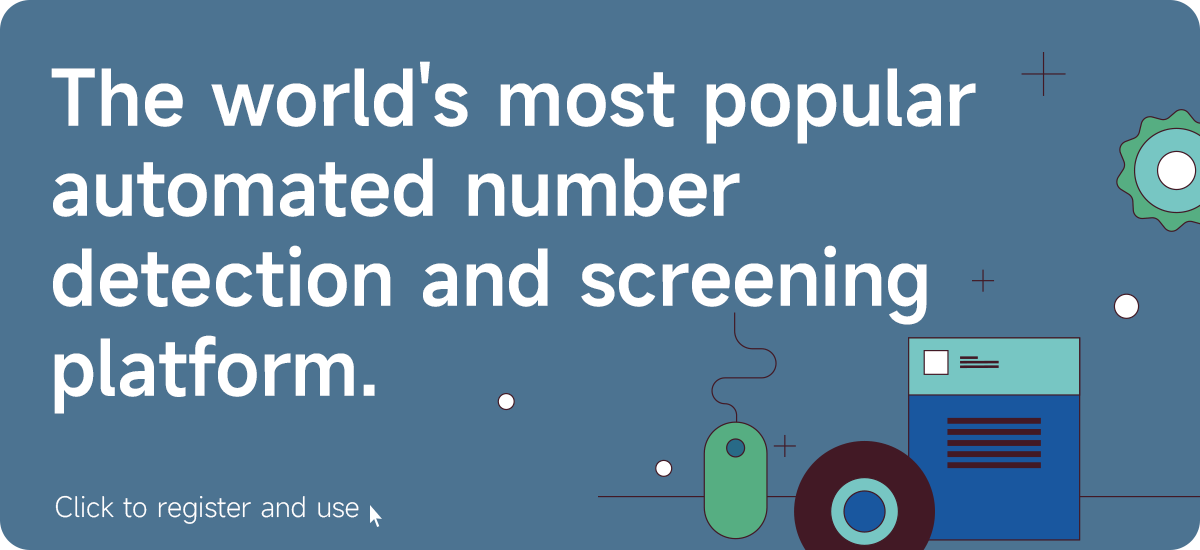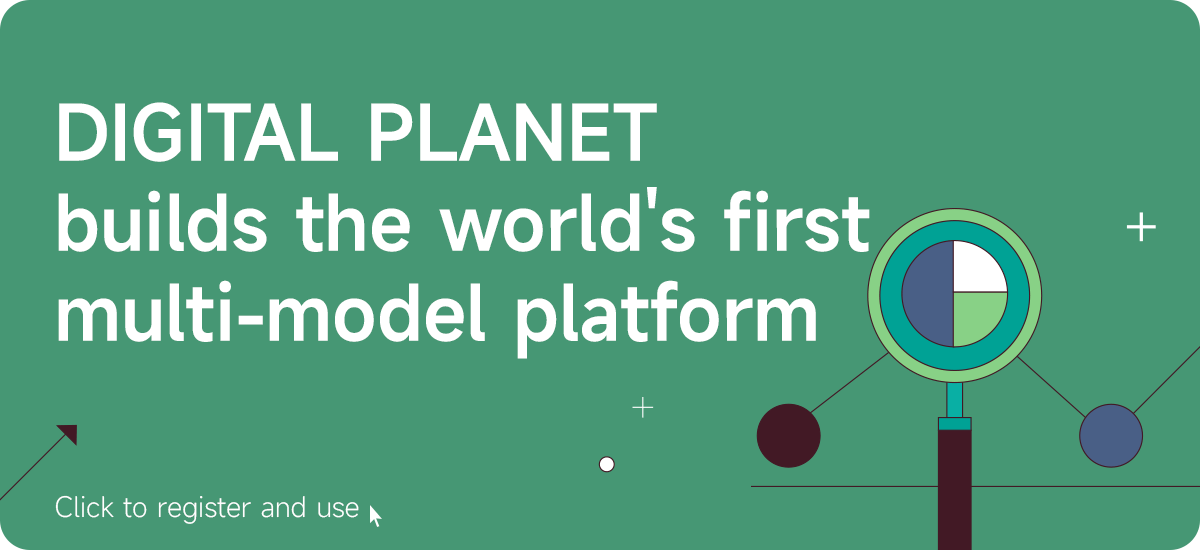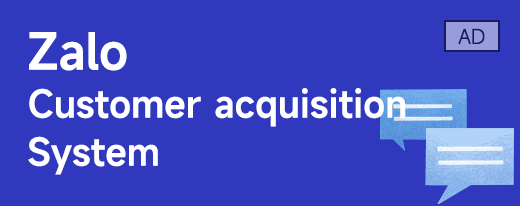Summary of Facebook UID methods for finding people: How to cooperate with number screening for efficient
Facebook UID is the most efficient way to locate overseas users and refine social media operations. Compared with fuzzy data such as nicknames and email addresses, Facebook UID is a unique identity assigned by the platform. It will not be repeated or change with name changes. It can accurately lock users across pages and behavior records. Finding people through Facebook UID not only improves user identification efficiency, but also helps companies build a complete operational path from user identification to reach. Combined with the number screening system, Facebook UID is a bridge to achieve cross-platform integrated operations.
Why choose Facebook UID to find people instead of nickname or home page link
A Facebook user's nickname can be changed, and the homepage link may appear in multiple forms depending on settings, but the UID is immutable. For enterprises, obtaining Facebook UID means obtaining a stable and system-identifiable data anchor. No matter whether the user modifies the information in the future, or on which page he interacts with you, he can be found through the UID.
A Southeast Asian e-commerce team once tried to archive customers through nicknames, but due to duplicate names and inconsistent languages, the matching rate was extremely low. Later they adopted As the main identification field, Facebook UID uses tools to extract customer UIDs, and completes matching and identification through the Digital Planet Number Screening and Detection Platform. Finally, a traceable library of 20,000 users was established. The accuracy of Facebook UID in finding people directly changes their customer management efficiency.
Which data fields should be used with Facebook UID to find people?
to improve It is recommended that companies use Facebook UID to find people in conjunction with other basic fields. For example, mobile phone number, email address, user country, interaction time, etc. can help enterprises make more three-dimensional judgments. Although a UID is unique, it is difficult to determine whether the user is our target group based on the UID alone. However, the combination of UID + mobile phone number detected by the platform can clearly identify whether the user is an active user and whether the user is a target group in the country.
Taking the Digital Planet platform as an example, users can import in batches UID data and bind the mobile phone number field. The platform will automatically identify whether the number is valid, online, and duplicated, and then mark it based on the UID mapping relationship. In this way, enterprises can find the corresponding number based on UID and mark the activity, providing solid data support for subsequent marketing.
How to use Facebook UID finds users and completes remarketing
Finding users is only the first step. How to reach, activate, and convert them later is the more critical link.Facebook UID search usually involves the following operations:
Pass first Facebook UID capture or import target users
Then perform data processing through the digital planet number screening and detection platform
After completing the screening, the The valid mobile phone number matched by UID is used for SMS, WhatsApp or social media to reach out again
Achieve precise classification and push by labeling user behavior data
For example, an online education brand records users who have not completed course purchases as The UID data is imported into the Digital Planet platform, and users who are still active on WhatsApp are screened out through detection, and a discount reminder campaign is conducted for this group of people. The final conversion rate reached 12%, 4 times higher than the unscreened group.
This shows Facebook UID search is not a single-point tool, but should become a part of the complete customer data strategy, forming a closed loop with screening, reaching, and hierarchical management to achieve real value.
Expanded usage of Facebook UID in private domain operations
Another powerful application of Facebook UID to find people is in private community management. Many cross-border merchants have accumulated a large number of users in Facebook groups, homepages or ad comments, but it is difficult to manage them systematically. Extracting all interactive users through UID, combined with number screening, can quickly build user portraits and accumulate them as private domain assets.
An operator who is an overseas beauty agent is operatingAfter 3 communities, 15,000 pieces of Facebook UID data were accumulated. He uploaded these UIDs to the Digital Planet platform, and the system helped him filter out more than 8,000 valid active users, and labeled them with behavior labels such as "private message", "joined group", and "order placed". Through these data, he built his own "social media private domain hierarchical library". Different groups of people use different reach strategies, which greatly improves user stickiness.
How to ensure data compliance and security during the Facebook UID search process
in use When looking for people with Facebook UID, companies should make it clear that the data source must be public or collected with user authorization to avoid illegal crawling without permission. At the same time, using platforms such as Digital Planet for detection and management can ensure the standardization of data processing processes and reduce operational risks caused by data errors.
Additionally, businesses should try to avoid manually processing large batches UID data should be structured and securely stored using a professional platform. This is not only more efficient, but also ensures that the data corresponding to each UID is well documented, avoiding data disconnection or information mismatch.
From finding a person to closing a deal,Facebook UID is the starting point of the data chain
one Behind the Facebook UID is a specific user behavior track. If an enterprise can use a systematic method to complete the collection, screening, classification and access of UID, it will be equivalent to establishing a basic framework for user life cycle management. Coupled with the Digital Planet number screening and detection platform, Facebook UID search will no longer be just a "people catching tool", but a growth engine that drives conversions.
If you are still sorting out message users manually or using keywords to find people, you might as well try using UID is paired with a professional screening platform for efficient processing. This not only saves time, but also allows you to quickly target potential users and seize the opportunity in overseas market operations.
digital planetis a world-leading number screening platform that combinesGlobal mobile phone number segment selection, number generation, deduplication, comparison and other functions. It supports customers worldwideBatch numbers for 236 countriesScreening and testing services, currently supports40+ social and apps like:
The platform has several features includingOpen filtering, active filtering, interactive filtering, gender filtering, avatar filtering, age filtering, online filtering, precise filtering, duration filtering, power-on filtering, empty number filtering, mobile phone device filteringwait.
Platform providesSelf-screening mode, generation screening mode, fine screening mode and customized mode, to meet the needs of different users.
Its advantage lies in integrating major social networking and applications around the world, providing one-stop, real-time and efficient number screening services to help you achieve global digital development.
You can find it on the official channelt.me/xingqiuproGet more information and verify the identity of business personnel through the official website. official businesstelegram:@xq966
(Warm reminder: When searching for the official customer service number on Telegram, be sure to look for the username.xq966), you can also verify it through the official website personnel:https://www.xingqiu.pro/check.html, confirm whether the business contact you is a planet official
数҈字҈星҈球҈͏









